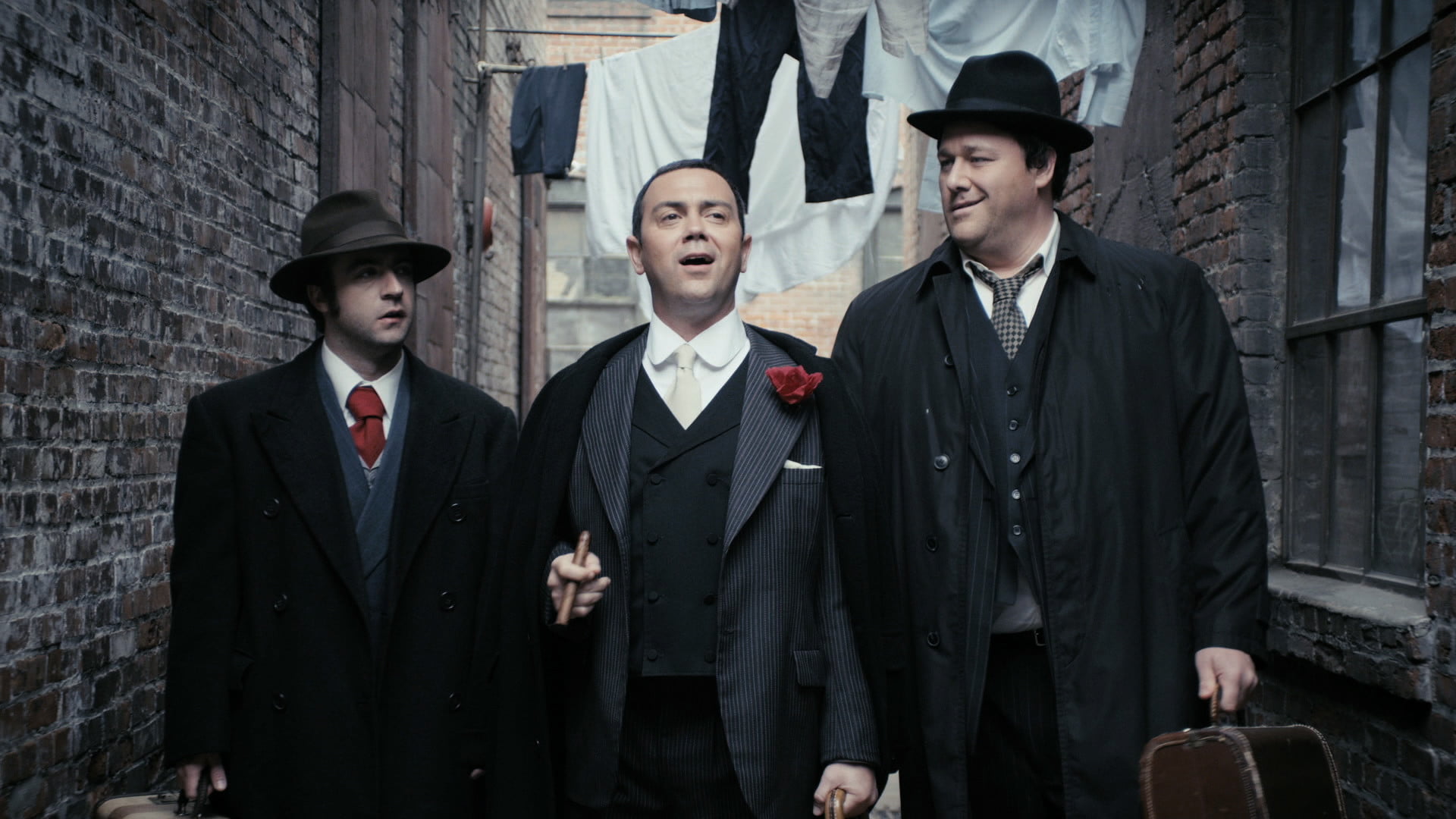A recent article in the New Yorker, “The Healing Buzz of ‘Drunk History,'” describes the show as “sweet, filthy, and forgiving” and argues that the television program corrects the overly imposing ways of telling history. Can the special intimacy and lightness that this show assigns to even the most difficult of historical topics serve as a teaching tool for how we discuss history and issues?
Absolutely. In fact, although, from appearances alone, “Drunk History” seems like a mockery of great narratives of the past, the television show adds a particular flavor to historical re-telling. And no, it’s not just the alcohol.
Now in its fifth season, “Drunk History” has gained popularity both on Comedy Central as well as on YouTube. The premise of the show surrounds interesting stories about figures from history that most audiences might even be completely unaware of, even if they are familiar with the historical figures represented in the show.
The host, Derek Waters, gets buzzed with a narrator, gets to know them and then sits down and has them tell a story from history. The narrators are always slightly more drunk than Waters, but he is the host after all and has to keep the story at least a little bit on track.

What’s more, the show pairs the audio from these narrations with lip-synching actors dressed completely in character and acting out the events of the story. Despite the intoxicated state of these retellings, they become very entertaining and especially humorous to the audience while also staying true to an understanding of what really happened in history, and, more importantly, what these historical moments mean.
For example, in a classic clip from Season 3 of “Drunk History,” the show told the story of Harriet Tubman, charmingly entitled “Harriet Tubman Leads an Army of Bad Bitches.” Actress Octavia Spencer reenacts the scenes with brilliant expressions and chutzpah and, while the narrator imparts her own modern speech and slang onto a character who didn’t speak the same way, the manner of telling the story doesn’t just show what Harriet Tubman did, but opens up a door to a better understanding of who she was. The story makes Tubman appear more human and, through that humanity even more admirable as a person who overcame daunting obstacles to make a difference in America.
Even when the conversation seems to take a turn for a difficult or unpopular topic, the show maintains a confident attitude and gracefully tells these stories anyway. In the latest season of “Drunk History,” the narrator details the gruesome reality of Vlad the Impaler’s torture preferences, then laughs at the ridiculousness of the whole situation of a leader impaling so many people and moves on to the next part of the story.
Many historians might balk at the seemingly inappropriate reaction to some of the most repulsive parts of history, but in many ways this reaction is more useful and more realistic for modern audiences. At times, history can be extremely strange, especially compared to the contemporary world, but instead of vying to understand and reconcile all of history with our present position, “Drunk History” shows how explaining the situation and recognizing the wackiness of it all can be the best sign of learning from the past.
These days, history can become a tool for proving a point rather than a learning tool to help make a difference in the present. By eliminating the competition for the title of the “true” formal teller of history, Waters’ show creates an environment where history can be enjoyed purely for itself and can offer something for everyone, and everyone can be a part of the conversation regardless of their political beliefs or their background.
Yes, the narrator ultimately reigns as the “teller” of history, but even then, the structure of the show follows as a dialogue with Waters, filled with many jokes and moments of drunken stutters. And shouldn’t stories and dialogue be the basis of any historical discussion anyway?

Many interviews with the Waters, especially in the early seasons of the show, exhibit skepticism as to the historical accuracy of these stories, to which Waters always replies, a little offended and slightly defensive, that all of the stories are completely true and are just told in a new way. Waters also exclaims that a new way of telling adds a lot to the way modern audiences can understand these special moments of the past that get glossed over so easily in history class.
You probably can distinguish from your own classes the difference between the history teacher who recited history like a grocery list and the teacher who acted out the personalities of the key figures, gave them nicknames and even gave voices to the characters. I still remember my history professor doing a silly French accent every time the lecture was about Napoleon, beginning each sentence with a “huh huh HUH!”
It’s these elements of history lectures that not only kept me entertained in the moment, but stuck with me years after the semester ended. These aspects made history more relatable and turned two-dimensional names into three-dimensional characters.
“Drunk History” has these same goals in mind and not only cares about history, but imparts a sense of appreciation and care for the way that history is told. Each episode illustrates how sometimes being “exactly accurate” doesn’t impart a sense of historical authenticity.
Sometimes it takes a silly accent or a little exaggeration to help modern audiences understand the full effect of these stories because the way that they were amazing as they unfolded can’t be recreated by rote reciting alone.
It takes some extra storytelling skills to capture the bravery, intelligence and even the bad attitudes of historical figures. And yes, being just a little drunk can aid in bringing out the most memorable of voices and silly phrases.
The lesson to audiences: Drink and retell history responsibly.









